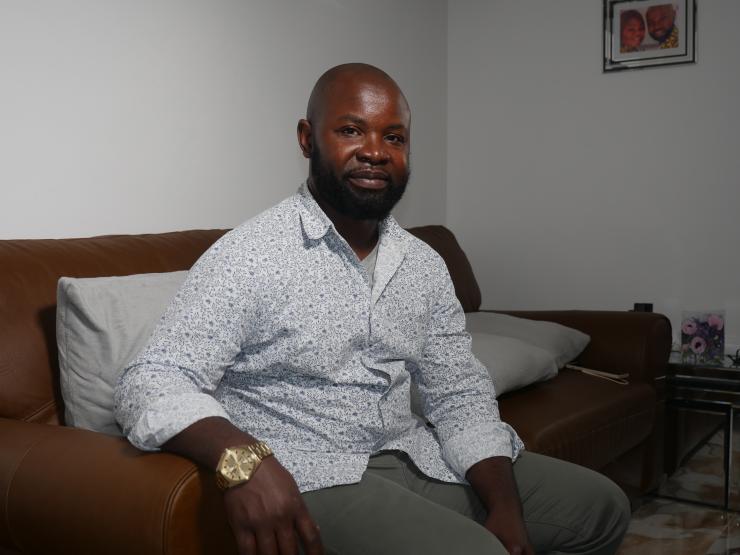Closing statements have been made at an employment tribunal brought by a Christian social worker who alleges religious discrimination after his job offer was withdrawn due to his views on homosexuality.
Felix Ngole, 46, claims health charity Touchstone Support Leeds refused him a job as a mental health support worker at Wakefield Hospital in 2022, after discovering his stance on homosexuality through a Google search.
Ngole previously won a Court of Appeal case against Sheffield University after being removed from his course in 2016 for stating that homosexuality and same-sex marriage were sinful on his Facebook page.
Despite acknowledging Ngole's qualifications as the best fit for the position, Touchstone called him back for a second interview, described by Ngole as an "interrogation", after management found the legal row about his views online.
The Stonewall-backed NHS provider, which serves 10,000 people across Yorkshire, argues his views on homosexuality pose a risk to vulnerable LGBT individuals seeking mental health support. Under the "Minority Stress Theory", Touchstone contend that disclosure of Ngole's beliefs could potentially harm these service users, prompting self-harm.
Touchstone’s representation told the panel the use of the word "sin" in Ngole's comments "raises the suspicion that he might carry out that role in a way which discriminates against LGBTQI+ service-users or behave disrespectfully to them."
Michael Phillips, representing Ngole said there was no evidence to support such a claim.
"Touchstone has stereotyped my client into creating a caricature of him, into a monstrous bigot who would possibly cause the death of service-users."
Rev Dr Paul Sullins, a sociologist professor from the Catholic University of America gave expert evidence in support of Ngole, stating that Ngole’s employment would not pose any increased risk of service-users killing themselves.
"Social isolation is the number one factor leading to suicide” in the general UK population, he said.
"There are no higher incidents of death by suicide in the LGBT population than the rest of the population. LGBT persons are more likely to talk about attempted suicide, but are not more likely to commit suicide.”
He said that there are numerous studies on the risk of suicide as a result of non-affirming religions, and that they record “no higher risks of suicide.”
Ngole, supported by the Christian Legal Centre, stated that he did not see any conflict in working with and for people from the LGBT community.
"That said, there is a distinction between respecting and loving the person and yet lovingly and respectfully disagreeing with their views and/or behaviours," he added.
According to the Christian Legal Centre, the case is the first of its kind to argue that a person merely holding and expressing traditional Christian views on marriage and sexuality on social media is a reason to discriminate in employment against them, due to the potential harm to LGBT people.
The panel’s judgement has yet to be published.





